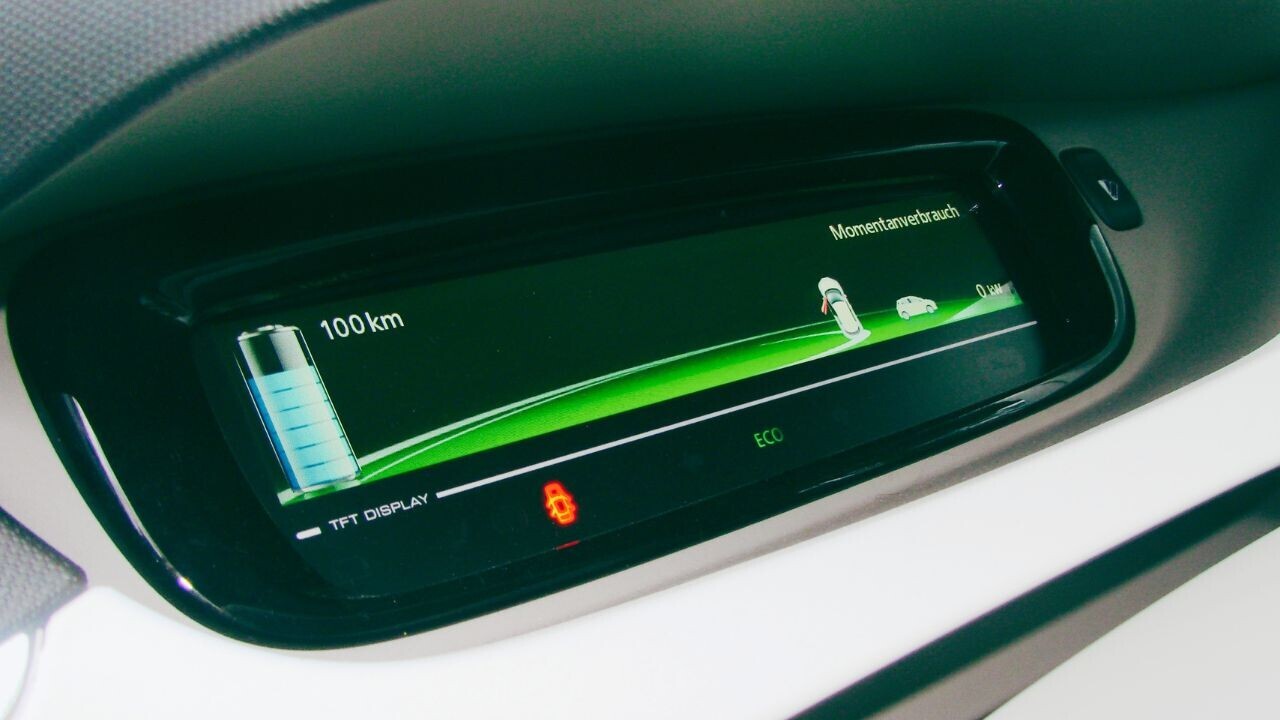When it comes to EV adoption, a major issue people complain about is slow charging times — especially compared to pumping stinky gas.
To solve the charging time conundrum, a team of scientists from the Center for Theoretical Physics of Complex Systems at IBS has turned to the realm of quantum physics.
The team drew inspiration from a 2012 study, which proposed a “quantum battery concept,” meaning a quantum mechanical system that acts as an energy storage device.
According to the 2021 study and numerous others that followed (for instance, here, here, and here), thanks to quantum resources, quantum batteries could offer multiple advantages over their conventional counterparts.
Among the intriguing benefits is the potential to charge at a vastly faster rate.
The source of this quantum speedup lies in the use of “entanglement operations,” in which the battery cells are charged collectively as a whole. In contrast, conventional battery cells are charged in parallel and independently of each other, slowing down the entire process.
The benefit of this collective charging is measured by a ratio called “quantum charging advantage.”
The IBS research team sought to discover how much the charging speed can be increased.
Conducting a series of theoretical experiments, the scientists found that collective charging, also known as “global operations protocol,” could achieve quadratic scaling in charging speed.
This means that as quantum batteries increase in size, charging time becomes faster — unlike conventional batteries, where the higher the number of battery cells, the longer the charging time.
To put it in numbers, if we go from one battery cell in an EV to 10 cells, the charging speed increases by a factor of four, and if we go from one to 10 cells, the charging speed increases by a factor of 100.
According to the researchers, for a typical EV battery of 200 cells, quantum charging may lead to charging speeds 200 times faster than traditional batteries.
Based on these estimations, charging an EV at home would drop from 10 hours to three minutes. And at high-speed stations, charging times would drop from half an hour to mere seconds.
However, as ground-breaking as this sounds, the researchers caution that there are still many questions to be answered, and that quantum technologies need years of research before they can be introduced as a commercial green energy alternative.
You can find the study here.
Get the TNW newsletter
Get the most important tech news in your inbox each week.






